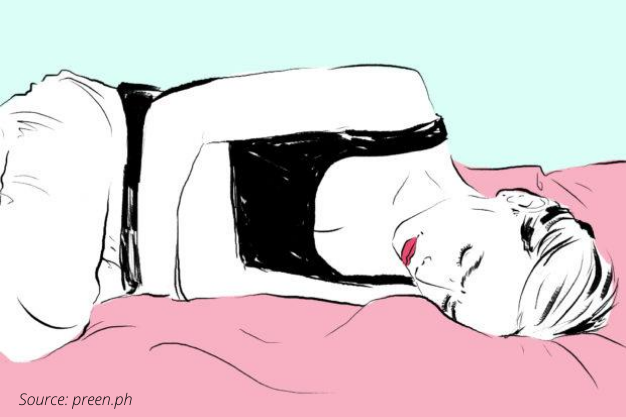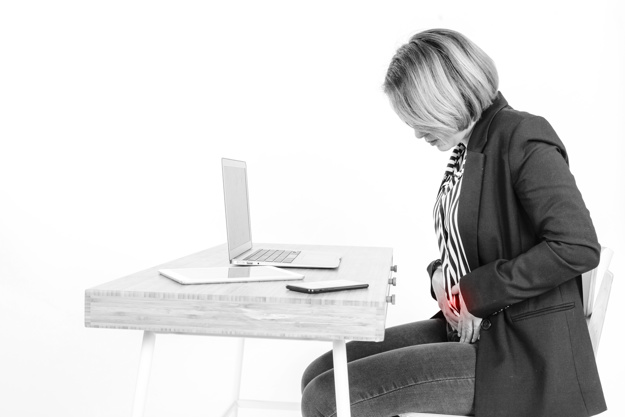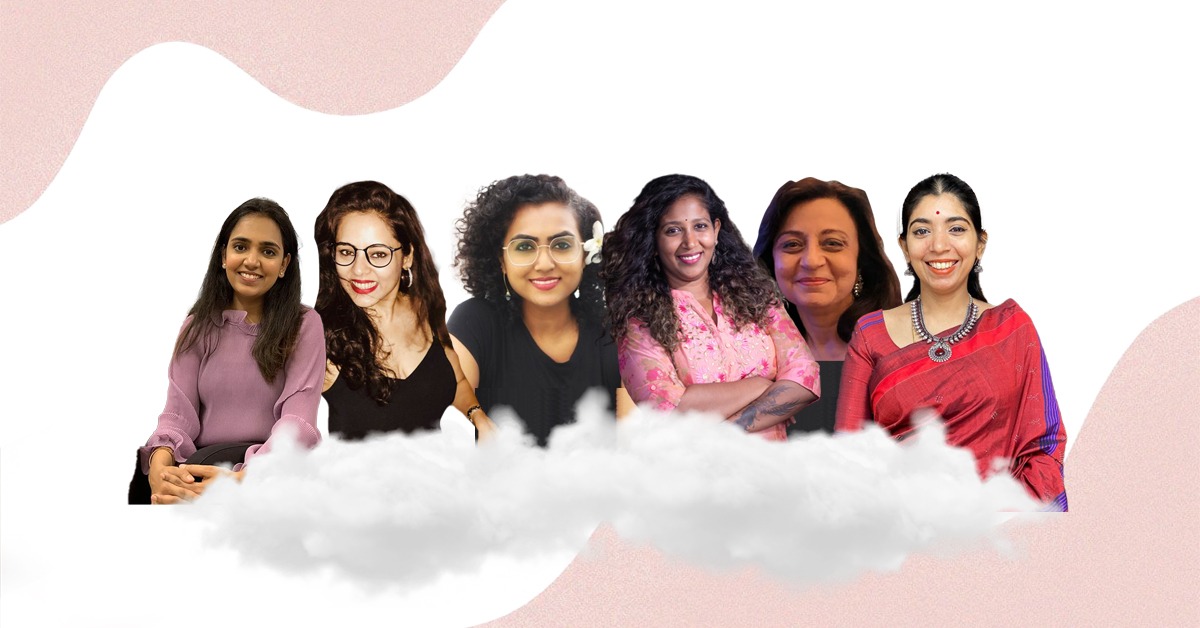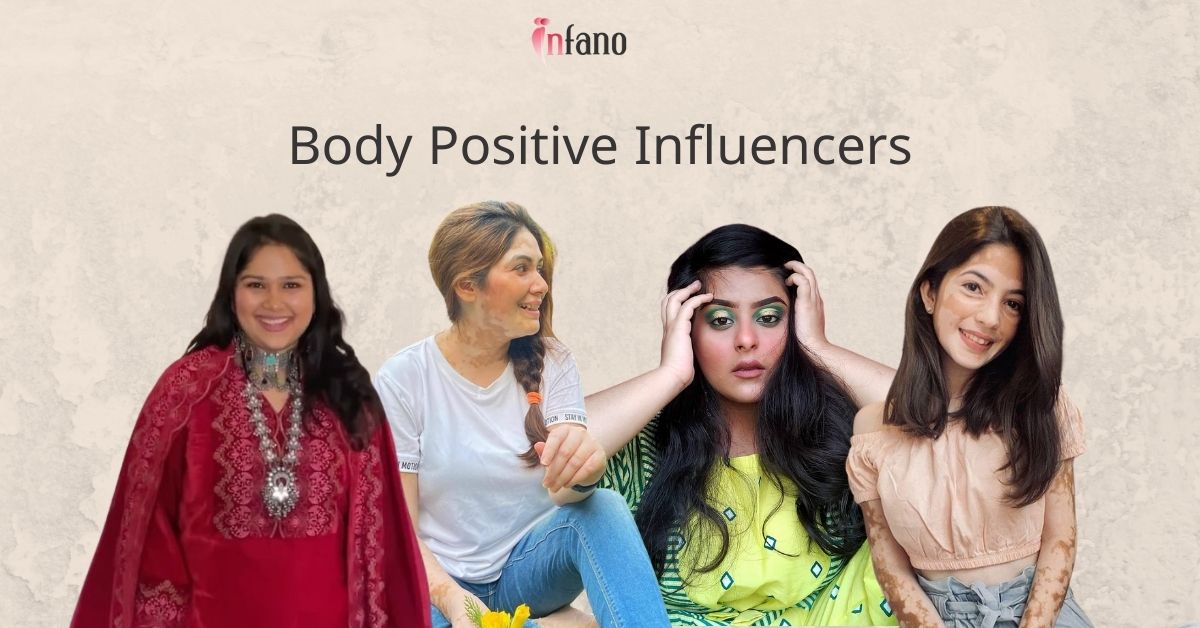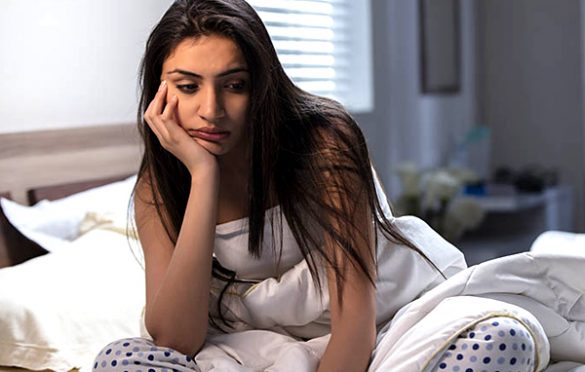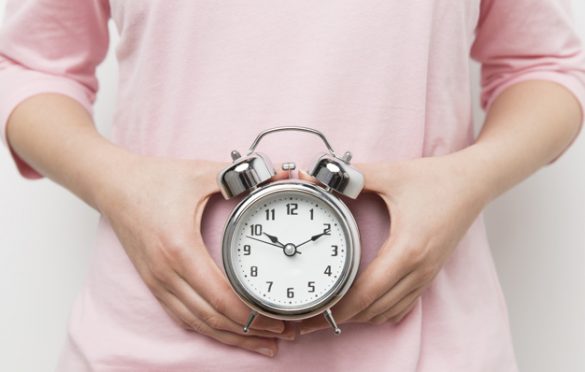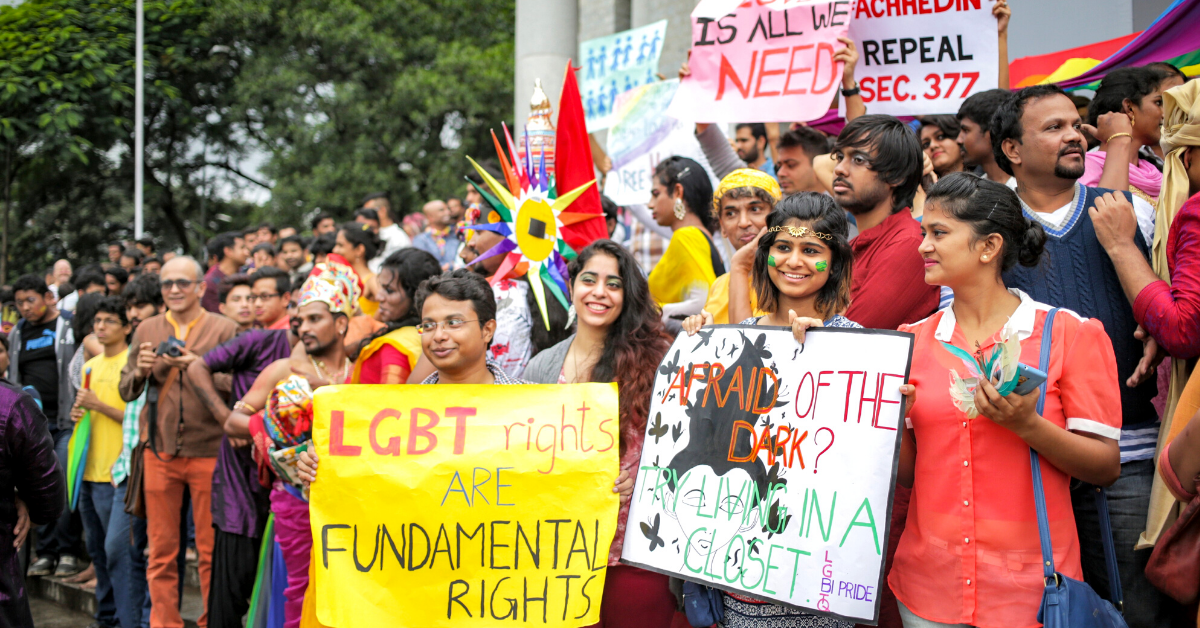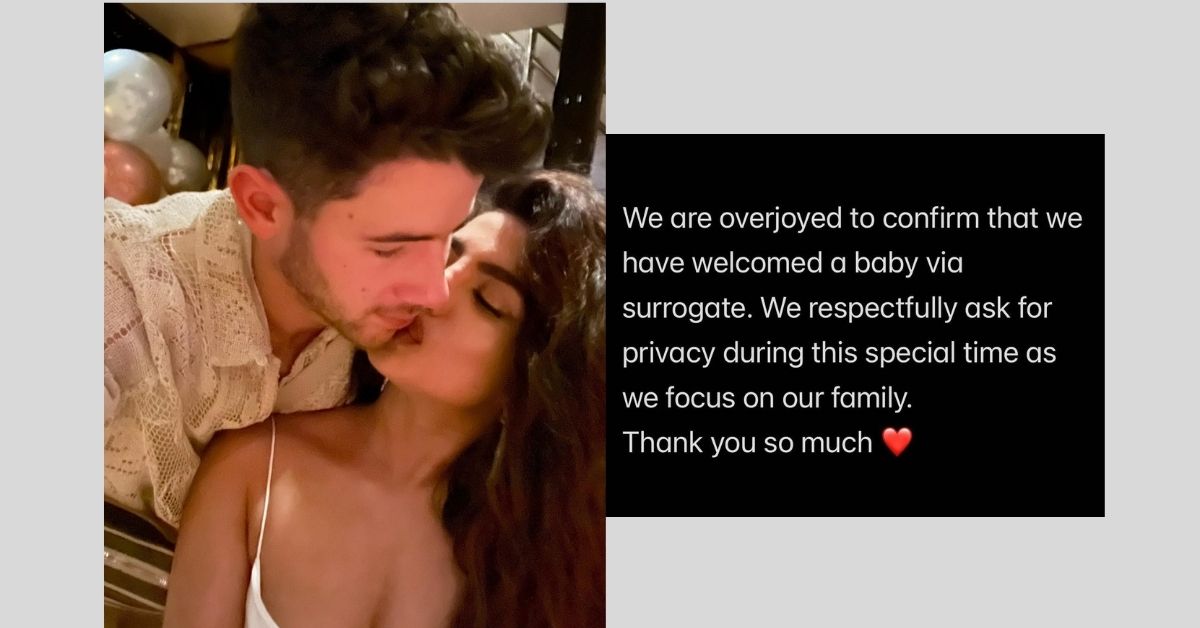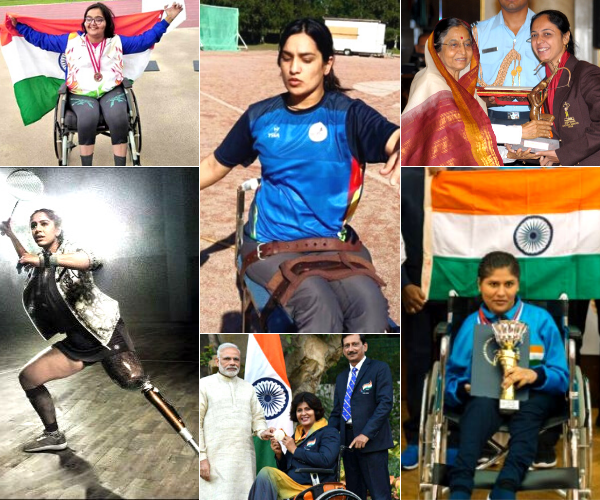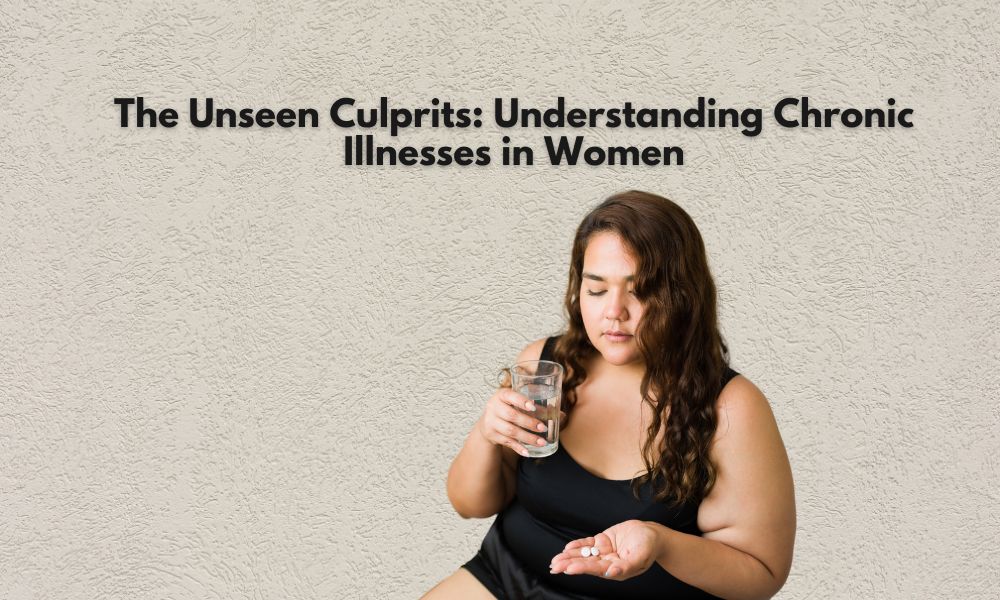I was just about to close my eyes for the night when my phone beeped. “Are you awake?” It was my friend Arwa Kapasi. She is the manager of a medical center in UAE. “I need to discuss something with you.” Knowing Arwa, I knew that whatever it was would have been bothering her to ping me at this time. “Yes, tell me,” I replied. “Are you for this period leave? I am not. And I wanted to know your opinion to see if someone could make me see the other side.”

Since Zomato announced ten day extra annual period leaves for women, social media has been abuzz with debates. For or against, I must say that at least the conversation is happening around a topic that was once shunned under the carpets and not discussed out loud. Period leaves were sick leaves only and that left women with no allowance for sick leaves when needed for other illnesses.
Now to get back to Arwa, I, for one, am for period leave. Or at least I was till she got me thinking. “If we want to be equal I don’t want to give them a reason to remind them I am a woman…. Give the guys off too. That way when we get hired they both men and women cost effective…. If I give this an option, I bet you even if not a single woman nurse in my clinic is facing the problem, will ensure they avail the leave… Bigger companies will prefer men over women and will make a shift in their hiring policies. And women won’t even notice that… Women who would acquire those leaves even by law will be considered not too dedicated and more of a liability….Also, it’s not fair to the men… Imagine the male banker who will have to handle more customers that day when his lady colleague calls in sick due to cramps?” These were some of her reasons.
Much ado about that time of the month?
Period leave is actually a privilege that could definitely be misused. But again we cannot oversee the necessity of it for those women who have a hard time during their menstrual cycles. Period cramps, heavy bleeding, nausea, loose motions- dysmenorrhea is real and I have seen women throwing up and bundling up in bed during their initial days. Though, this may not be the same case for everyone as this is a personal experience. Some have it worse than the other. Many of us pop in a pill and go about our chore. For some others, medication doesn’t work.
Also, we need to understand that most working women handle their everyday household chores at the same level as other housewives. Not everyone has a great support system at home or the luxury to afford cooks and maids. So for these women handling a painful period and functioning effectively to fulfill these responsibilities is a huge task. Also, access to clean and hygienic sanitation places and toilets at workspace (to comfortably change pad/ tampon/ drain menstrual cups) is again a privilege and a luxury, not all working women have.
In 2017, journalist Barkha Dutt had written an article titled “I’m a feminist. Giving women a day off for their period is a stupid idea.” As an offset to a campaign that was started by some women in India for a day off during their period.
She writes, “‘First-day period leave’ may be dressed up as progressive, but it actually trivializes the feminist agenda for equal opportunity, especially in male-dominated professions. Worse, it reaffirms that there is a biological determinism to the lives of women, a construct that women of my generation have spent years challenging. Remember all those dumb jokes by male colleagues about ‘that time of the month’ or PMS? Well, this idea only serves to emphasize that there is something spectacularly otherworldly about a bodily function.”
Journalist Faye D’Souza held a discussion on the same on her YouTube channel with women from different backgrounds. Faye asked if we have created safer spaces, stable work environments, hygienic sanitation places, where we expect women to work harder, dig themselves further, bear the pain and buck up and pretend as if nothing is happening. With these discussions, women, today have the power to clear these obstacles for the other women to come.
Digital content creator Kushka Kapila said, “The reality is the pain can get unbearable. When I got my period last week, I could not move for two days and because I am self-employed, I gave myself leave for two days.”
But gynecologist Dr. Kiran Coelho was of the opinion that the painful period was only a problem of 5% of women and younger women have it worse than the older women.
What is the solution?
When we ask for equal rights, we are asking that based on our skill sets and intellectual abilities. Physiologically women are different and certain allowances have to be made for them in that aspect.
Organisations should get a consensus from their women employees and come up with a system based on employee requirements of the organisation. If there are 50 women working and 40 agree that they don’t need menstrual leaves, then the other 10 can compensate by working a ½ hour extra to compensate for the missed hours. The onus is on them to achieve their targets on time.
“I feel we need an HR law and policy to be thoughtful and accommodating legally for the menstrual cycle”, added Arwa. “Give them an easy pass, which is still a privilege versus a man. And then adjust your shift to justify your missed hours or work”.
Work-from-home is another option that can be extended to women. “But we are here not accounting for labourers, factory workers, mine workers, and daily wagers”, said lawyer Trisha Shetty in the discussion with Faye.
“Most HR professionals’ support periods leave to women,” says Liyaquat Ali, an HR professional. “Some women cannot perform to their optimum during painful periods there is no point if it doesn’t add value to their productivity. So the work of the female staff on leave is equally delegated among her peers. But there is always a black sheep (male employee) in every organisation that objects and seeks a similar (non-monetary) benefit to this rule”.
While feminism stays divided on this, we would love to hear your thoughts on the same. Please feel free to comment below, or mail us on infano.care@gmail.com

